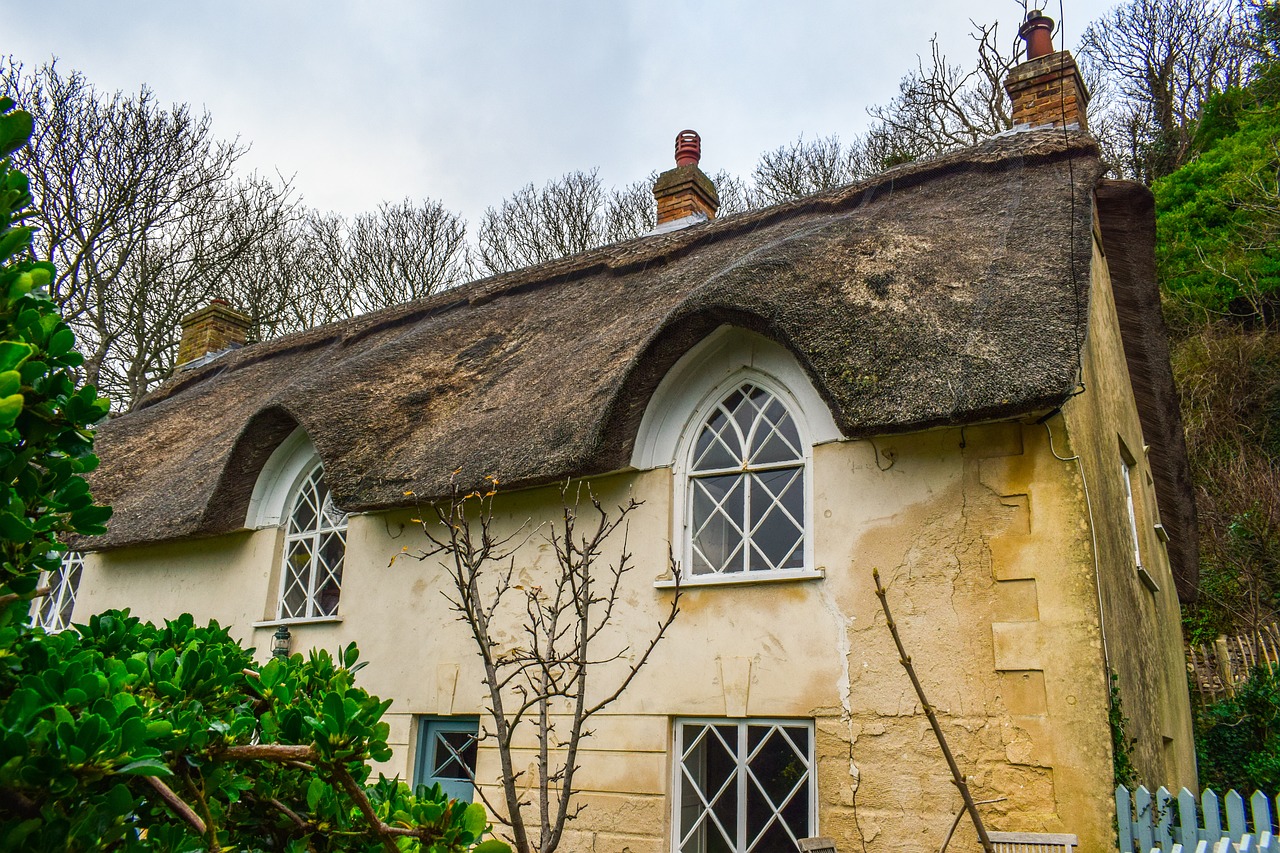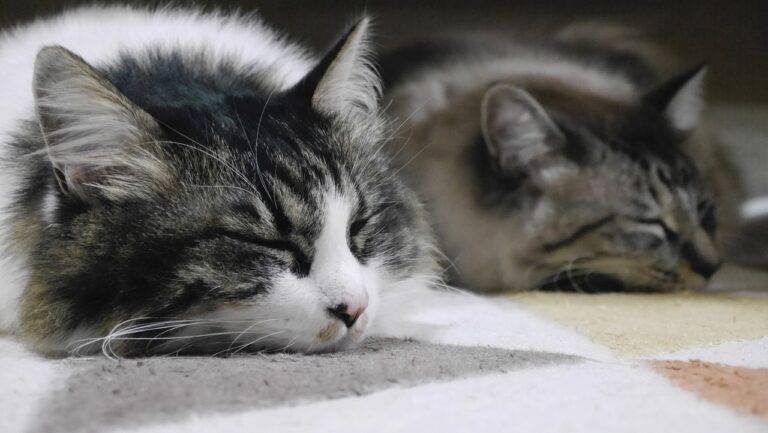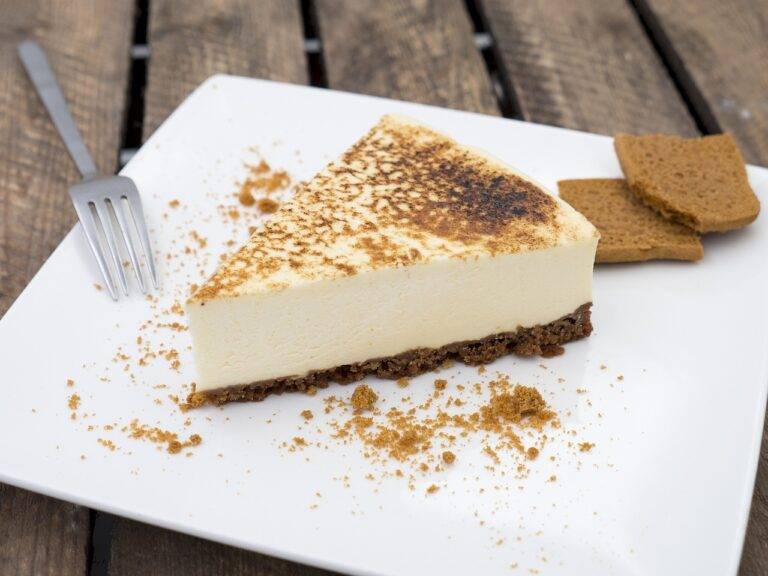Creating a Monarch Butterfly-Friendly Garden: Supporting These Majestic Pollinators
Milkweed is not just any plant; it is a vital lifeline for monarch butterflies. By incorporating milkweed into your garden, you are providing a crucial habitat and food source for these beautiful insects throughout their life cycle. Monarch butterflies rely exclusively on milkweed to lay their eggs and nourish their larvae, making it essential for their survival.
In addition to supporting monarch butterflies, planting milkweed in your garden can also attract a variety of other pollinators such as bees and butterflies. These pollinators play a key role in plant reproduction and ecosystem health, making them valuable allies in maintaining a thriving garden. By including milkweed, you are creating a biodiverse and sustainable environment that benefits both wildlife and your garden’s overall health.
Selecting Native Plants to Attract Monarch Butterflies
When choosing plants to attract Monarch butterflies to your garden, it is essential to select native species that not only provide nectar for adult butterflies but also serve as host plants for their caterpillars. Native plants have co-evolved with local butterfly populations and are better suited to support their life cycle. Examples of native plants that attract Monarch butterflies include milkweed, coneflowers, asters, and goldenrods.
Additionally, consider planting a variety of native species that bloom at different times throughout the season to ensure a continuous food source for adult butterflies. By creating a diverse habitat with an array of nectar-rich plants, you can attract and support a wide range of pollinators, including Monarch butterflies, while also adding beauty and biodiversity to your garden. Remember to avoid the use of pesticides, as they can be harmful to butterflies and other beneficial insects.
Why is planting milkweed important for attracting monarch butterflies?
Planting milkweed is important because it is the only plant that monarch butterflies lay their eggs on and that caterpillars feed on. Without milkweed, monarch butterflies cannot complete their life cycle.
What are some benefits of having monarch butterflies in your garden?
Monarch butterflies are not only beautiful to look at, but they also help pollinate flowers and plants. Additionally, they serve as an indicator of a healthy ecosystem.
How do I select native plants to attract monarch butterflies?
When selecting native plants to attract monarch butterflies, look for species that provide nectar for adult butterflies and host plants for caterpillars. Some examples include butterfly weed, purple coneflower, and blazing star.
Can I attract monarch butterflies without planting milkweed?
While planting milkweed is the most effective way to attract monarch butterflies, you can also attract them by planting other nectar-rich native plants that provide food for adult butterflies. However, without milkweed, monarch butterflies will not be able to reproduce in your garden.





